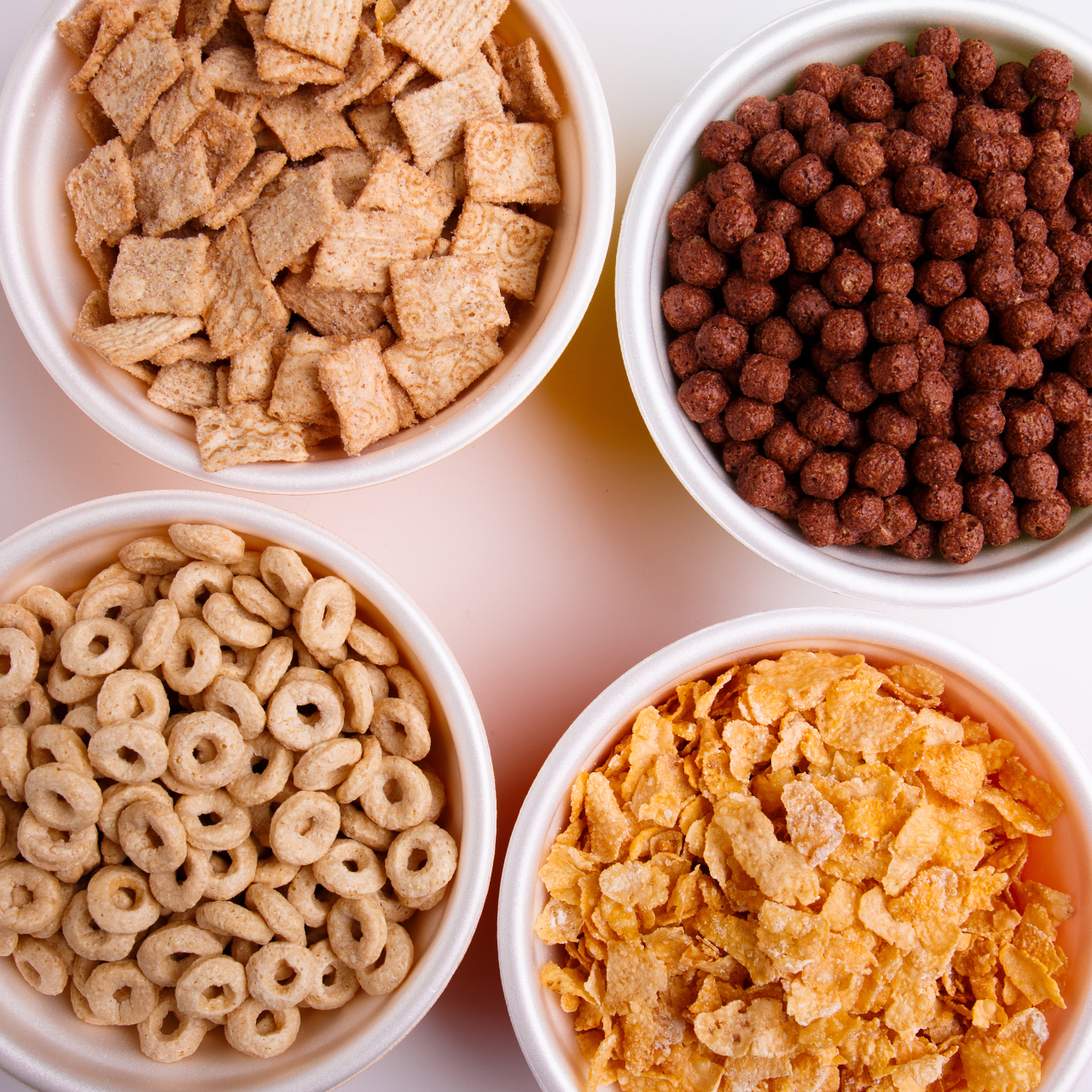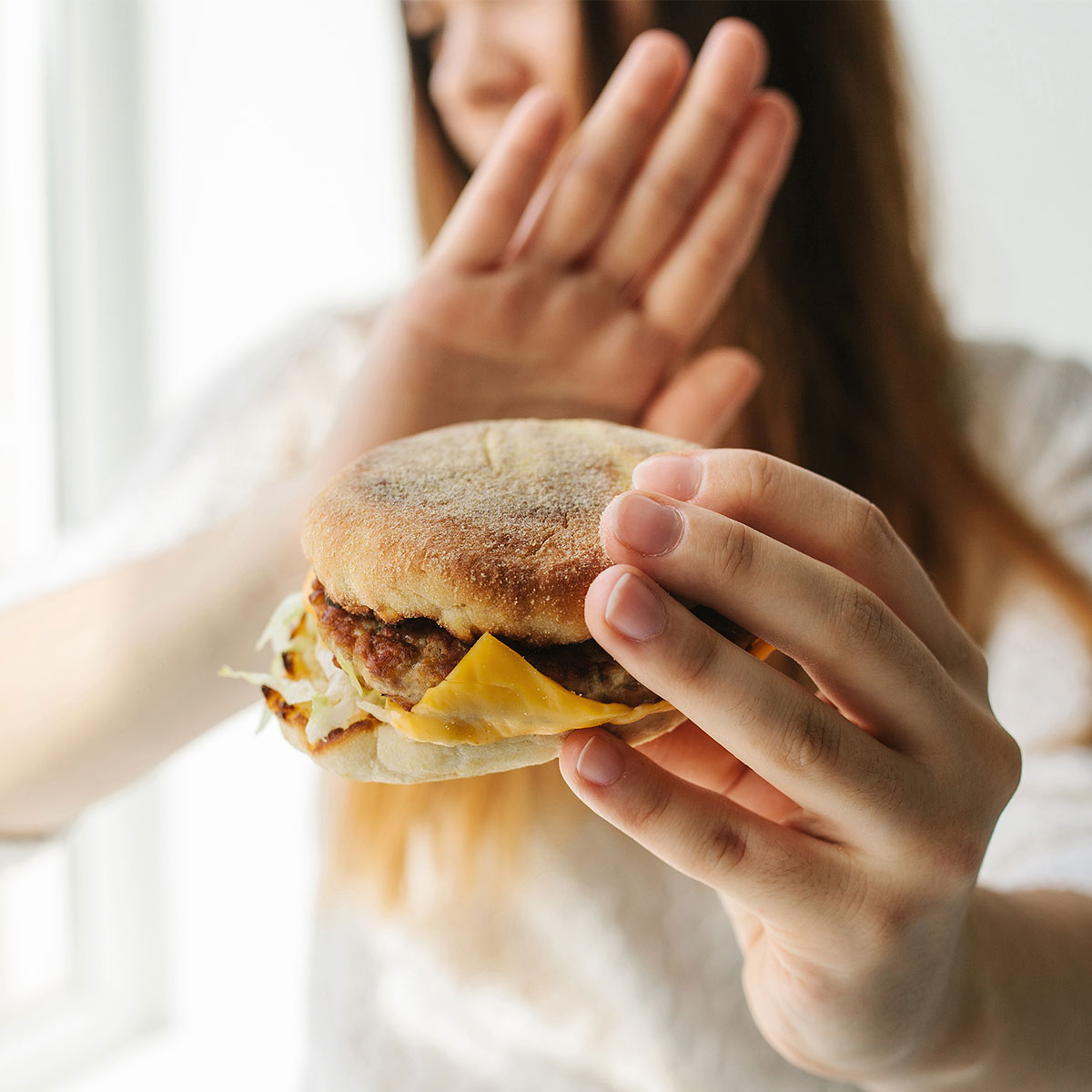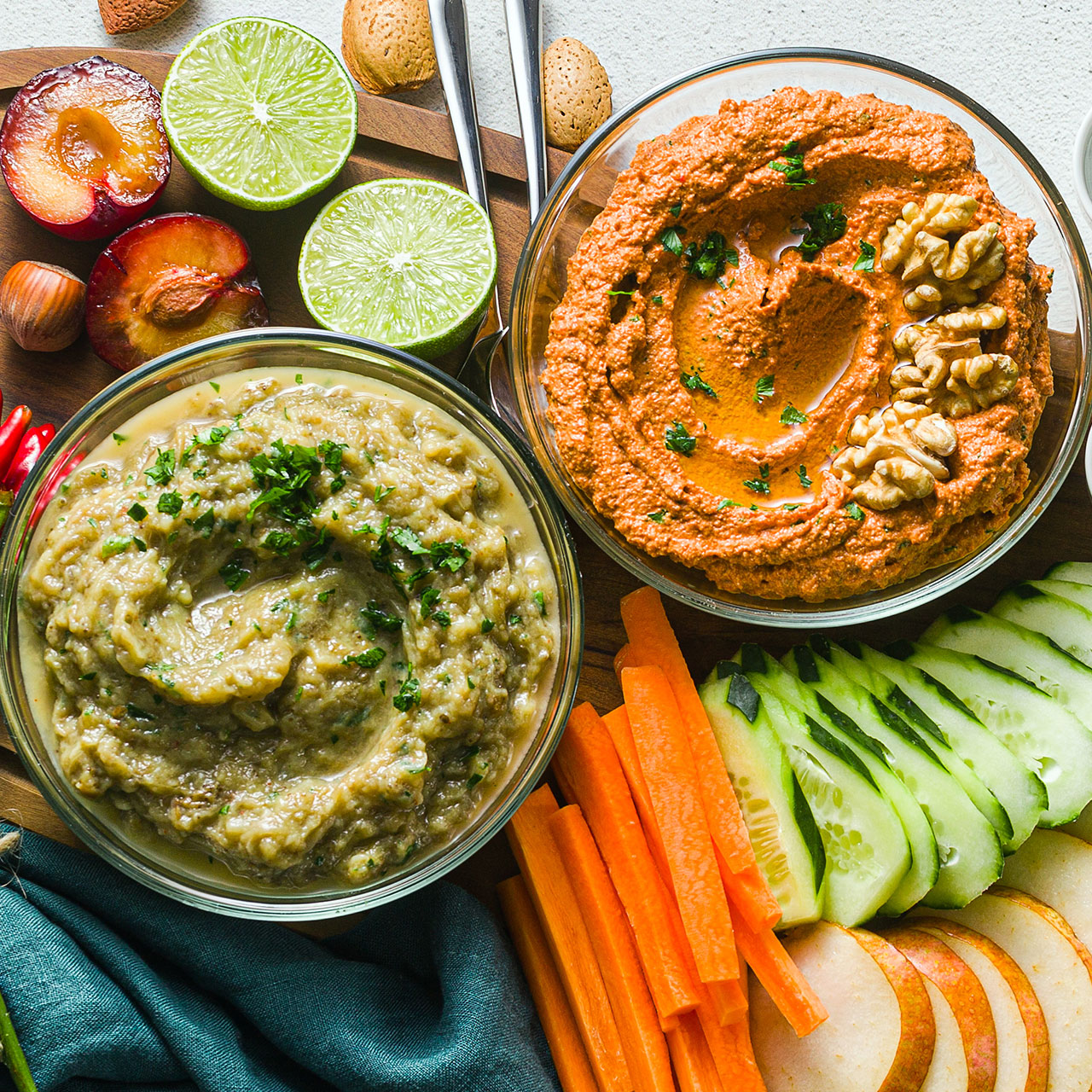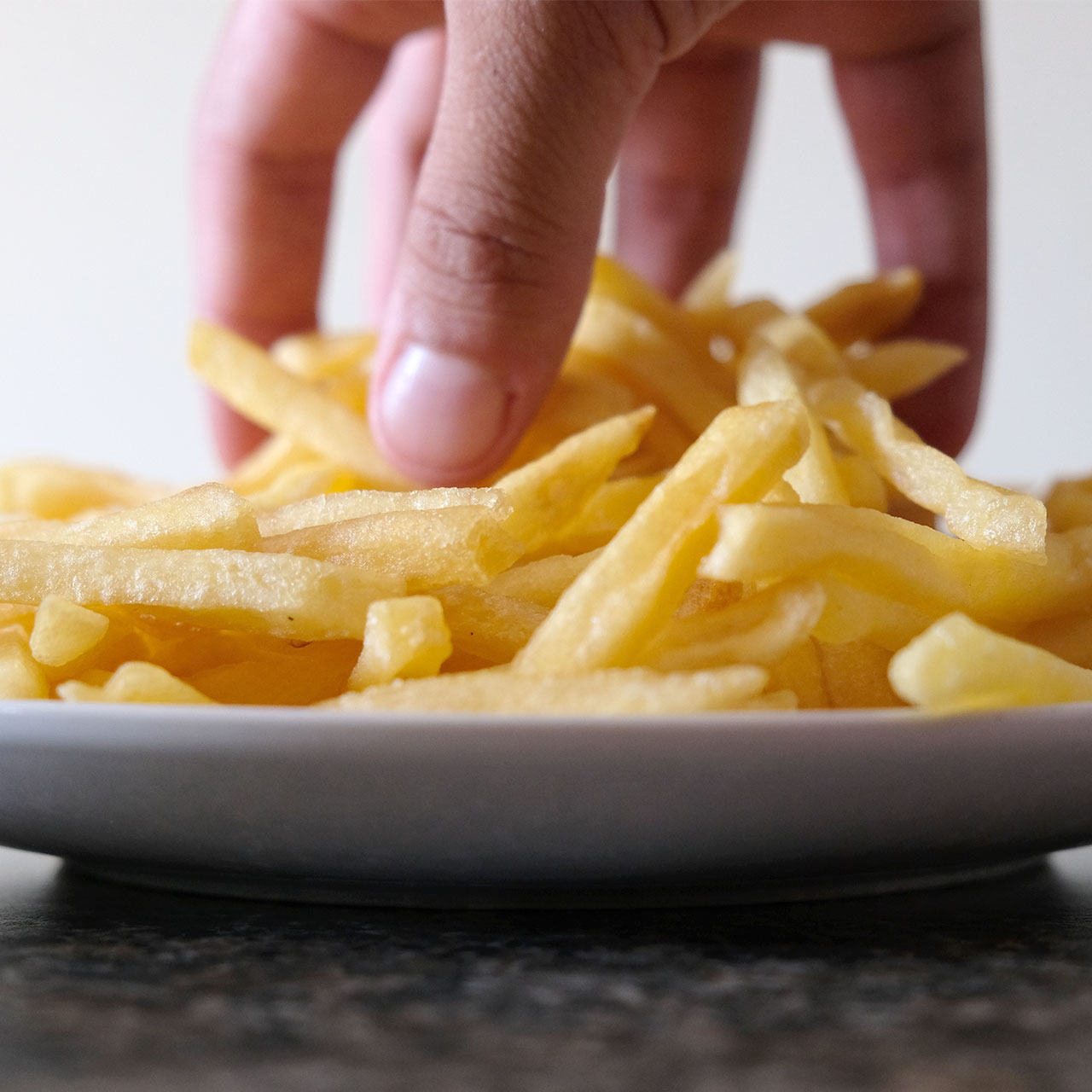Rigid eating, often referred to as “orthorexia,” involves an excessive fixation on consuming only foods perceived as healthy, leading to several detrimental effects on health. This restrictive approach can result in nutritional imbalances, social isolation, mental health issues like anxiety and depression, physical health risks, and a reduced overall quality of life.
Striking a balance between mindful eating and dietary flexibility is crucial for promoting better well-being and a healthier relationship with food. Thats why we spoke with Mary Sabat, MS, RDN, LD, to learn about rigid eating and the negative consequences it could have on your overall wellbeing, which include obsessive eating, lack of essential nutrients, and more.


What Is Rigid Eating?
Individuals who engage in rigid eating are often preoccupied with strict dietary rules and restrictions, avoiding foods they consider to be unhealthy or impure. This obsession with clean eating can lead to an imbalanced and limited diet, as well as negative consequences for physical and mental health.
"People may become overly fixated on food rules, which can lead to anxiety, guilt, and obsessive thoughts about eating. This can negatively impact mental health and overall well-being. In extreme cases, rigid eating patterns can contribute to the development of eating disorders like anorexia nervosa, bulimia nervosa, or orthorexia, which can have severe physical and psychological consequences," Sabat notes.
She also points out that even strict regimens such as a vegan diet could restrict you from "essential nutrients like vitamin B12, iron, and omega-3 fatty acids found in animal products."
Rigid eating could also be a stressful factor when it comes to social gatherings. "When individuals follow strict dietary rules, they may feel uncomfortable or anxious when dining out with friends or attending social gatherings. This can lead to social isolation and a decreased quality of life," Sabat highlights.
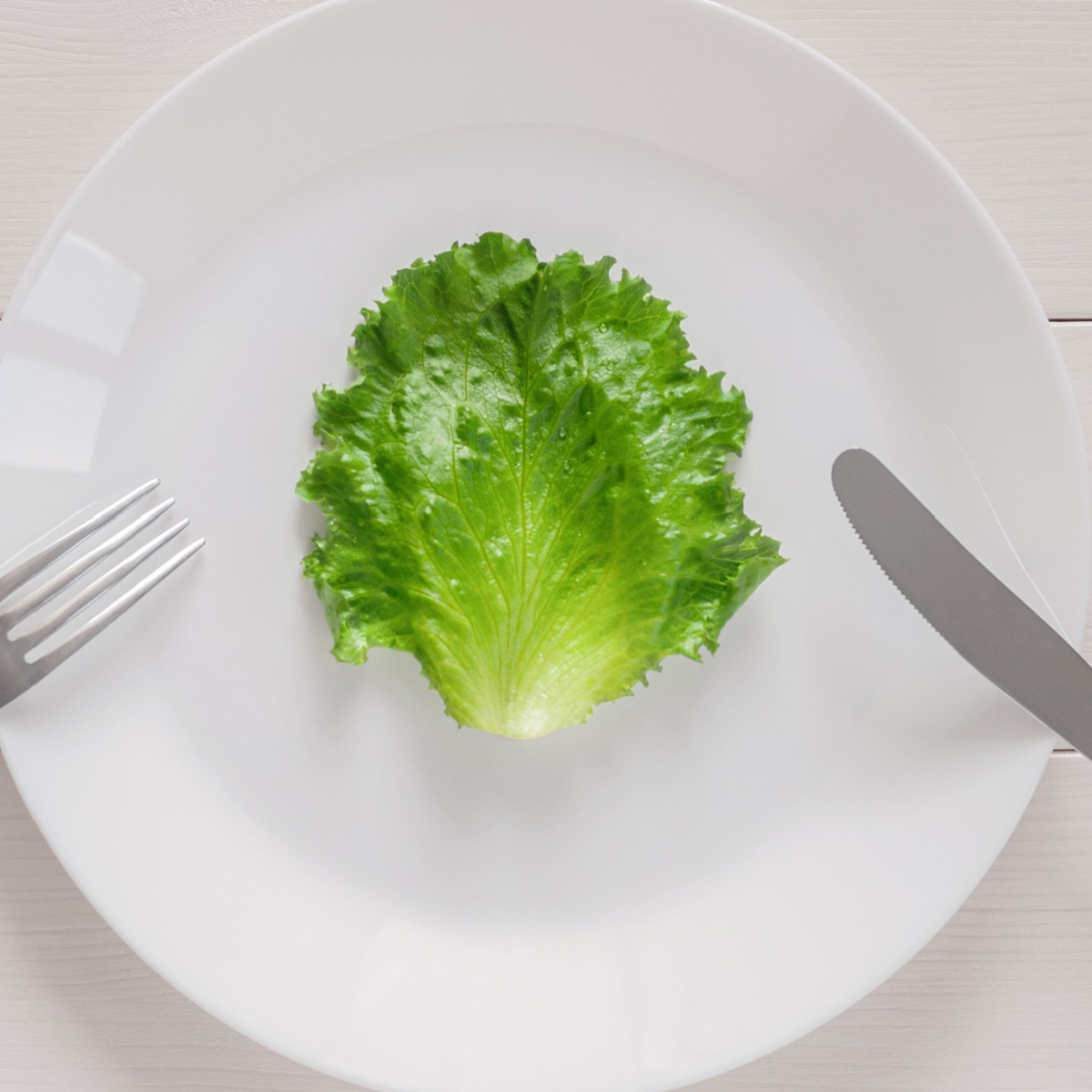
The Bottom Line
Although some individuals may experience short-term advantages like weight loss or specific health enhancements through rigid eating habits, the long-term effects on overall health and well-being are often adverse. Striking a harmonious balance between maintaining a healthy diet and embracing flexibility, tailored to individual needs and preferences, is crucial for fostering sustainable, enjoyable, and comprehensive dietary practices.
Seek guidance from a registered dietitian or mental health professional who can help you develop a healthier relationship with food and provide strategies for managing anxiety or guilt associated with dietary choices. Focus on enjoying meals with friends and family, and remember that occasional indulgences are a normal part of a healthy diet. Ultimately, cultivating flexibility and a positive mindset towards food can lead to a more sustainable and nourishing eating pattern.



